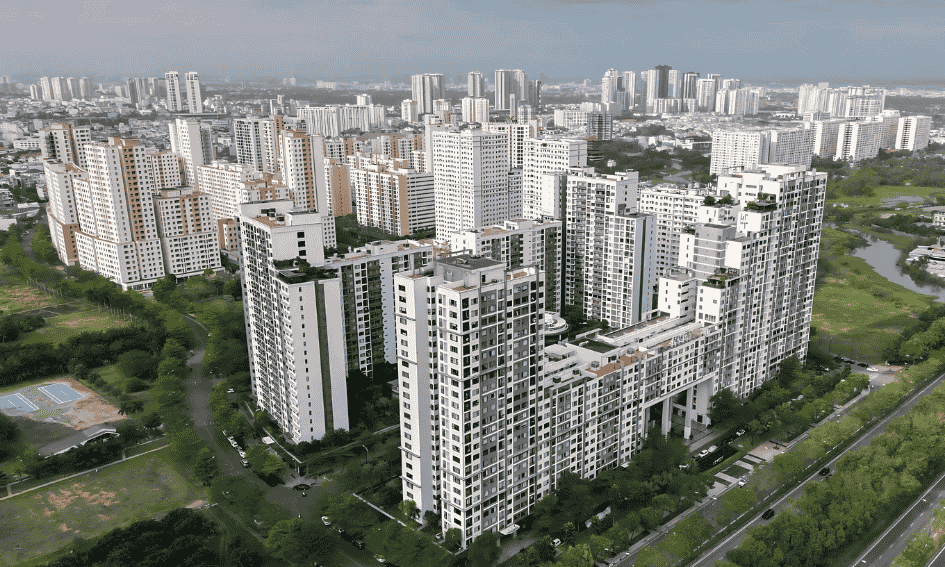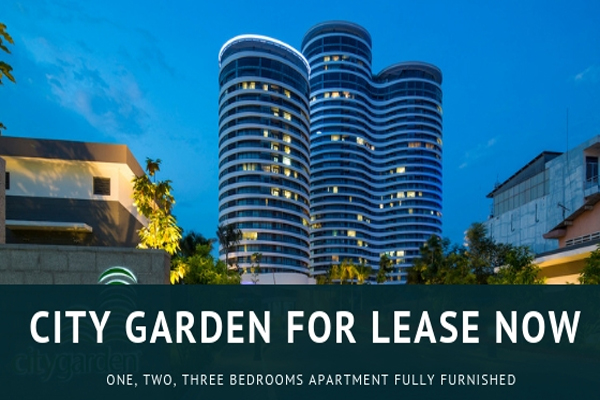HCMC Apartment Price Skyrocket – Causes and Market Outlook
01 Oct, 2025

HCMC apartment price skyrocket in recent years, reaching levels that many buyers and investors once considered unimaginable. While single-family homes used to dominate the high-price segment, apartments in Ho Chi Minh City are now drawing equal – and sometimes higher – valuations. This sharp rise raises important questions about supply, affordability, and the long-term sustainability of Vietnam’s largest housing market.
Current Apartment Price Trends in Ho Chi Minh City
Over the past two years, apartment prices in Ho Chi Minh City have escalated at an unprecedented pace. According to market reports, the average selling price of mid-range projects has surpassed USD 2,500–3,000 per square meter, while luxury developments in central districts and Thu Duc City now often exceed USD 6,000–8,000 per square meter.
Compared with 2020, when many projects were still priced around USD 1,800–2,200 per square meter, today’s figures highlight a market that has outpaced income growth. In some cases, the price of a two-bedroom apartment rivals that of a townhouse in fringe districts, illustrating the narrowing gap between vertical and landed properties.

Key Drivers Behind the Price Surge
Several factors are fueling the sharp rise in Ho Chi Minh City’s apartment prices:
- Limited supply: New housing projects have slowed due to lengthy approval processes and stricter regulations, creating scarcity in both mid-range and luxury segments.
- Credit and interest rates: Although credit tightening has reduced speculative borrowing, strong demand persists, and lower lending rates in certain periods have encouraged new buyers to enter the market.
- Investor psychology: Apartments are increasingly viewed as a safer asset compared to other volatile investments. Many buyers are motivated by expectations of continuous price appreciation.
- Prime locations: District 1, District 3, and Thao Dien in Thu Duc City attract expats and affluent Vietnamese alike, pushing prices far beyond suburban benchmarks.
Together, these drivers create strong upward pressure, though not without risks of overheating.
Market Distortion and Potential Risks
The surge in apartment prices has led to noticeable distortions in Ho Chi Minh City’s housing market. For many local buyers, the gap between property prices and average household income has become unbridgeable. As a result, genuine demand from end-users is being replaced by speculative transactions, where investors buy units with the expectation of rapid resale at higher prices.
Another risk lies in the widening disparity between listing prices and actual closing prices. While developers and sellers often advertise record-high rates, final transactions may settle at lower levels, signaling inflated valuations. Experts warn that if this trend persists, the market could edge closer to a housing bubble, leaving both domestic buyers and foreign investors exposed to significant financial risks.
Impact on Buyers, Expats, and Investors
The rapid increase in apartment prices affects different groups in distinct ways:
- Local homebuyers: For many Vietnamese families, especially first-time buyers, soaring prices have pushed ownership beyond reach. Renting becomes the only realistic option, even for middle-income households.
- Expats: While most expatriates prefer renting, higher purchase prices indirectly impact the rental market. Rising acquisition costs are passed down through higher monthly rents, reducing affordability for long-term tenants.
- Investors: Both domestic and foreign investors see opportunities in capital appreciation. However, inflated prices and limited rental yields create concerns about the sustainability of returns, especially if supply begins to recover.
Overall, the surge benefits short-term investors but poses challenges for end-users and tenants.
Future Outlook and Expert Opinions
Looking ahead, experts forecast that Ho Chi Minh City’s apartment market will remain under upward pressure in the short term, largely due to constrained supply and persistent urbanization demand. Mid-range projects may continue to climb, while luxury developments are expected to test new record highs in central districts and Thu Duc City.
However, over the medium to long term, analysts caution that prices cannot outpace household income indefinitely. If regulatory hurdles are eased and new projects enter the pipeline, increased supply could stabilize the market. CBRE and Savills both highlight that government initiatives to promote affordable housing and balanced development will be critical in preventing a bubble scenario.
For foreign investors, this means opportunities still exist, but careful due diligence, realistic rental yield expectations, and a focus on long-term fundamentals are essential to mitigate risks.
Conclusion
The surge in Ho Chi Minh City apartment prices underscores both the potential and the challenges of Vietnam’s housing market. While short-term gains continue to attract investors, affordability concerns and the risk of market overheating cannot be ignored. For local buyers, rising prices make homeownership increasingly out of reach, while expats and long-term tenants face higher rental costs.
Looking forward, sustainable growth will depend on balanced supply, clear regulations, and a stronger focus on affordable housing. For expats and investors considering entry into the HCMC market, partnering with a trusted agency like VnRenthome ensures access to verified listings, bilingual legal support, and expert guidance tailored to long-term success.
Contact us today via Hotline – WhatsApp – Email to find your next home in Ho Chi Minh City with confidence.

